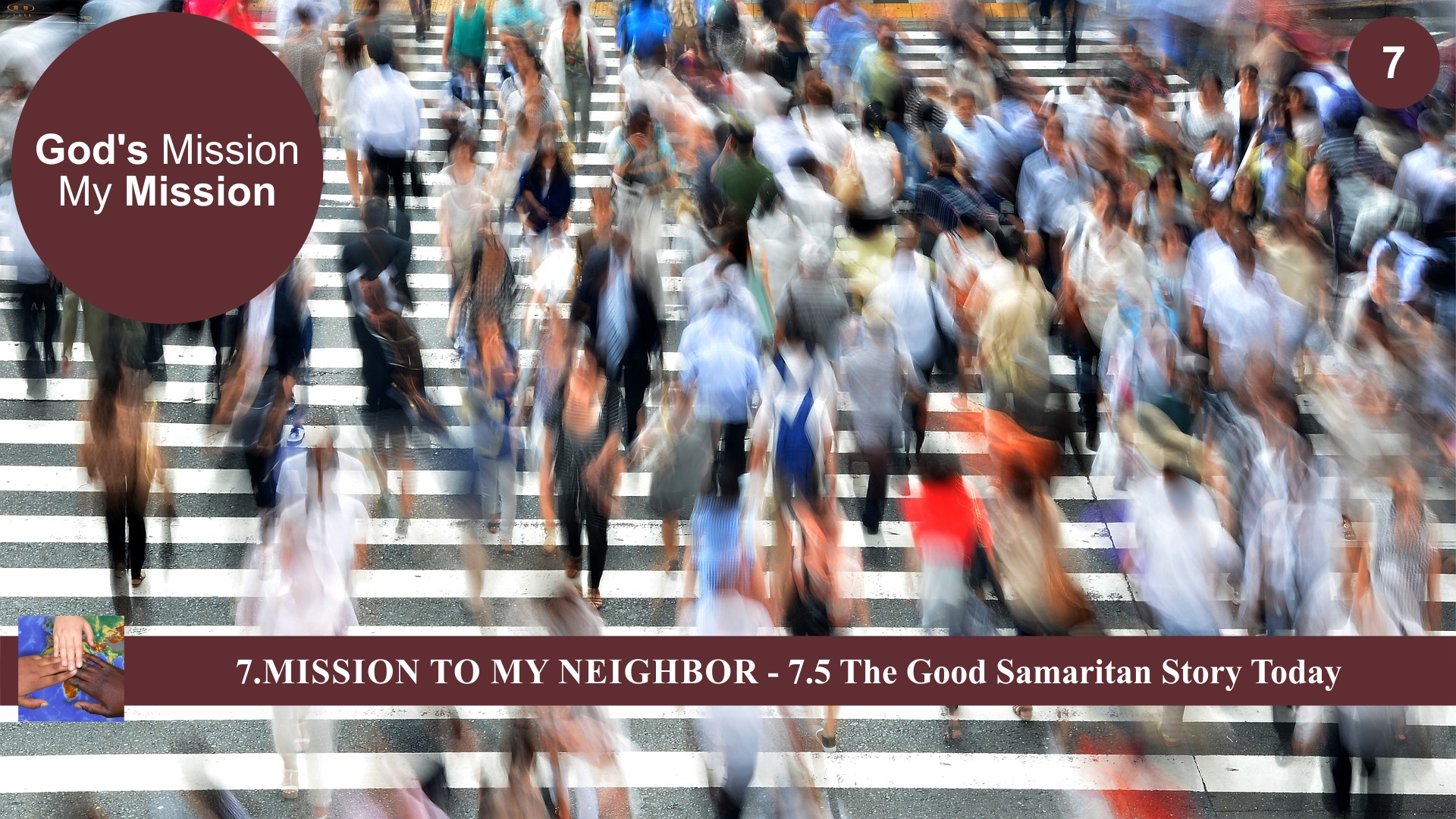

The parable of the Good Samaritan, told by Jesus, serves as a timeless lesson about neighborly love and compassion. It highlights the importance of unconditionally helping others, regardless of ethnic backgrounds, social status, or religious beliefs.
The essence of the story lies in recognizing those in need and taking immediate action to help. In our society today, where injustice and need are still prevalent, the parable poses an urgent question: Have we done enough to help those in need in our vicinity?
It’s significant that we often emphasize religious or ethical beliefs but may not act sufficiently in practicality to aid those who need help. People of other beliefs or lifestyles might even show more compassion and assistance than we do. If our faith is authentic, it means not only speaking of love and kindness but actively approaching and aiding the needs of others.
Jesus did not define the neighbor by narrow confines of faith or origin but as anyone who requires our help. The question “Who is my neighbor?” is not limited to specific groups or communities but to every person in need of our help. It’s about acknowledging every individual as fellow humans who need our assistance, regardless of their origin, skin color, or beliefs.
The challenges stemming from this teaching are concrete and demand action. Daily prayer for someone different from us and identifying the needs of people around us to actively help them are initial steps toward an active neighborly love.
It’s time to integrate the universal teaching of neighborly love and compassion into our daily actions. Only then can we live the true essence of Jesus’s message and positively influence the world around us in a sustainable way.
(Visited 35 times, 1 visits today)




















